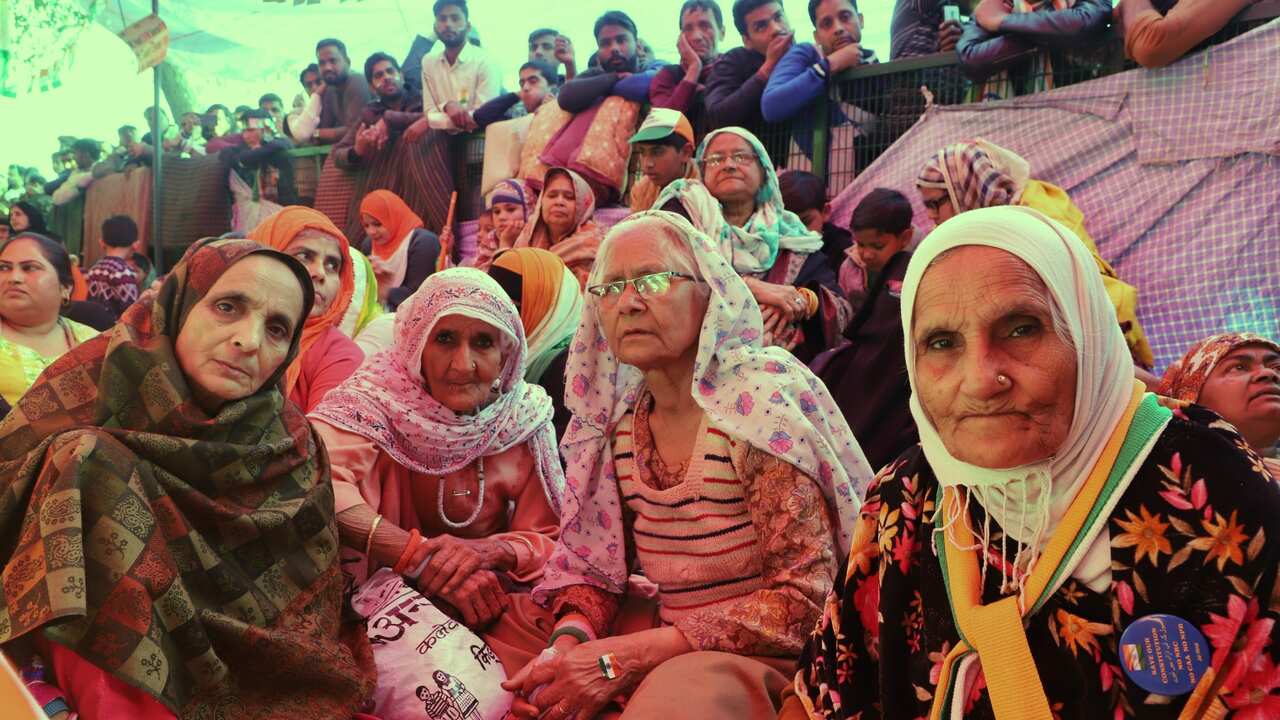Highlights
- Narendra Modi named on Time’s 100 most influential people of 2020 list
- Scathing remarks by TIME’s Editor-At-Large Karl Vick
- Other Indians to make it to the list are Ayushmann Khurrana, Bilkis Dadi
The Indian prime minister has been listed among the 'Leaders category' alongside Chinese Premier Xi Jinping, American President Donald Trump and German Chancellor Angela Merkel.
But the twice-elected prime minister of world’s largest democracy has made it to the list for not something you would expect. The Indian PM has received a scathing write-up from TIME’s Karl Vick.
The Editor-At-Large writes the world’s most vibrant democracy had fallen deeper into shadow, thanks to its prime minister.
“The key to democracy is not, in fact, free elections. Those only tell who got the most votes. More important is the rights of those who did not vote for the winner,” Mr Vick writes.
“India has been the world’s largest democracy for more than seven decades. Its population of 1.3 billion includes Christians, Muslims, Sikhs, Buddhists, Jains and other religious sects.
“All have abided in India, which the Dalai Lama (who has spent most of his life in refuge there) has lauded as “an example of harmony and stability.
Narendra Modi has brought all that into doubt.
“Though almost all of India’s Prime Ministers have come from the nearly 80% of the population that is Hindu, only Modi has governed as if no one else matters.
“First elected on a populist promise of empowerment, his Hindu-nationalist Bharatiya Janata Party rejected not only elitism but also pluralism, specifically targeting India’s Muslims. The crucible of the pandemic became a pretense for stifling dissent. And the world’s most vibrant democracy fell deeper into shadow,” Mr Vick wrote.
Mr Modi was re-elected for a second term with a clear majority in 2019 and has come under the scanner for making controversial decisions recently – from abrogating the law that provided special status to Jammu and Kashmir to amending country’s citizenship act that provides citizenship to religious minorities from Pakistan, Bangladesh and Afghanistan but not Muslims.

The protests across the country made international headlines and the TIME magazine has recognised one of the most prominent protestors – 82-year-old Bilkis in this year’s most influential list.
Bilkis was among the grandmothers of Shaheen Bagh, a Delhi suburb that became the heart of protests against the Citizenship (Amendment) Act, where hundreds of protestors, mostly women, sat on the road in protest for over 100 days.
Bilkis had led the protests from the front and the profile of Bilkis in the TIME magazine list, written by journalist and writer Rana Ayyub, says she "became the voice of the marginalized in India".
"With prayer beads in one hand and the national flag in the other, Bilkis became the voice of the marginalized in India, an 82-year-old who would sit at a protest site from 8 a.m. to midnight (sic)," it says.
Melbourne-based Dr Pradeep Taneja, who teaches Political Science and International Relations at the University of Melbourne and is also a Fellow of the Australia India Institute says the inclusion of the Indian Prime Minister on the list recognises his popularity but is also a reflection of how India is being perceived currently, globally.
“India’s economy is in poor shape and the decline has been accelerated by COVID."
“There’s an ongoing security threat from Pakistan and China has added to its woes."
“There have been country-wide protests against recent decisions, especially the Citizenship Act, by the minorities and other concerned citizens, which have attracted global media attention."
“Recently, the world media flashed images of how millions of migrants were stranded and forced to walk thousands of kilometres when India announced a sudden shutdown in March. And the COVID crisis has not been handled well at all.
“The second term of the re-elected prime minister has been beset with problems, and the write up about him recognises this and reflects how many outside India currently perceive PM Modi’s government,” Dr Taneja told SBS Hindi.
The annual TIME magazine’s 100 most influential list features some of the world's most significant artists, leaders, scientists, activists and entrepreneurs who have made an impact on the contemporary world.
Tune into SBS Hindi at 5 pm every day and follow us on Facebook and Twitter
